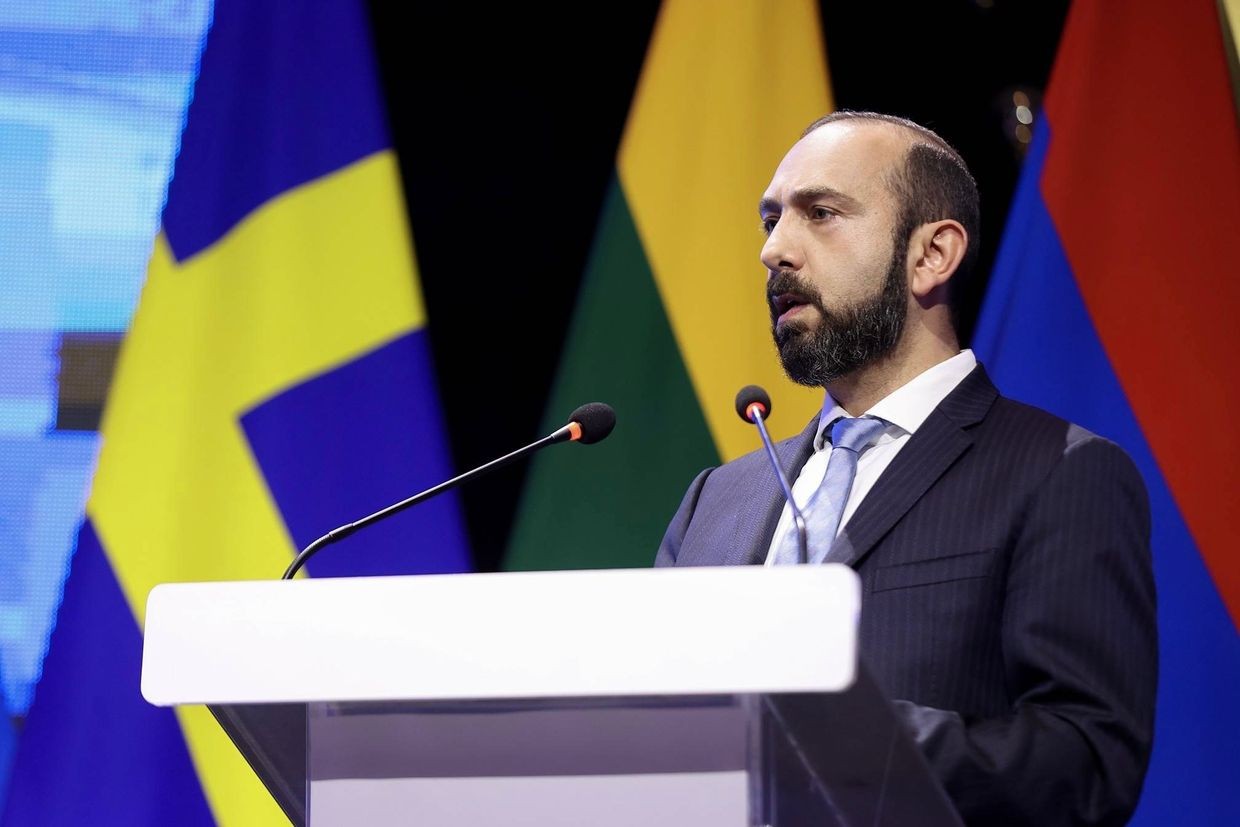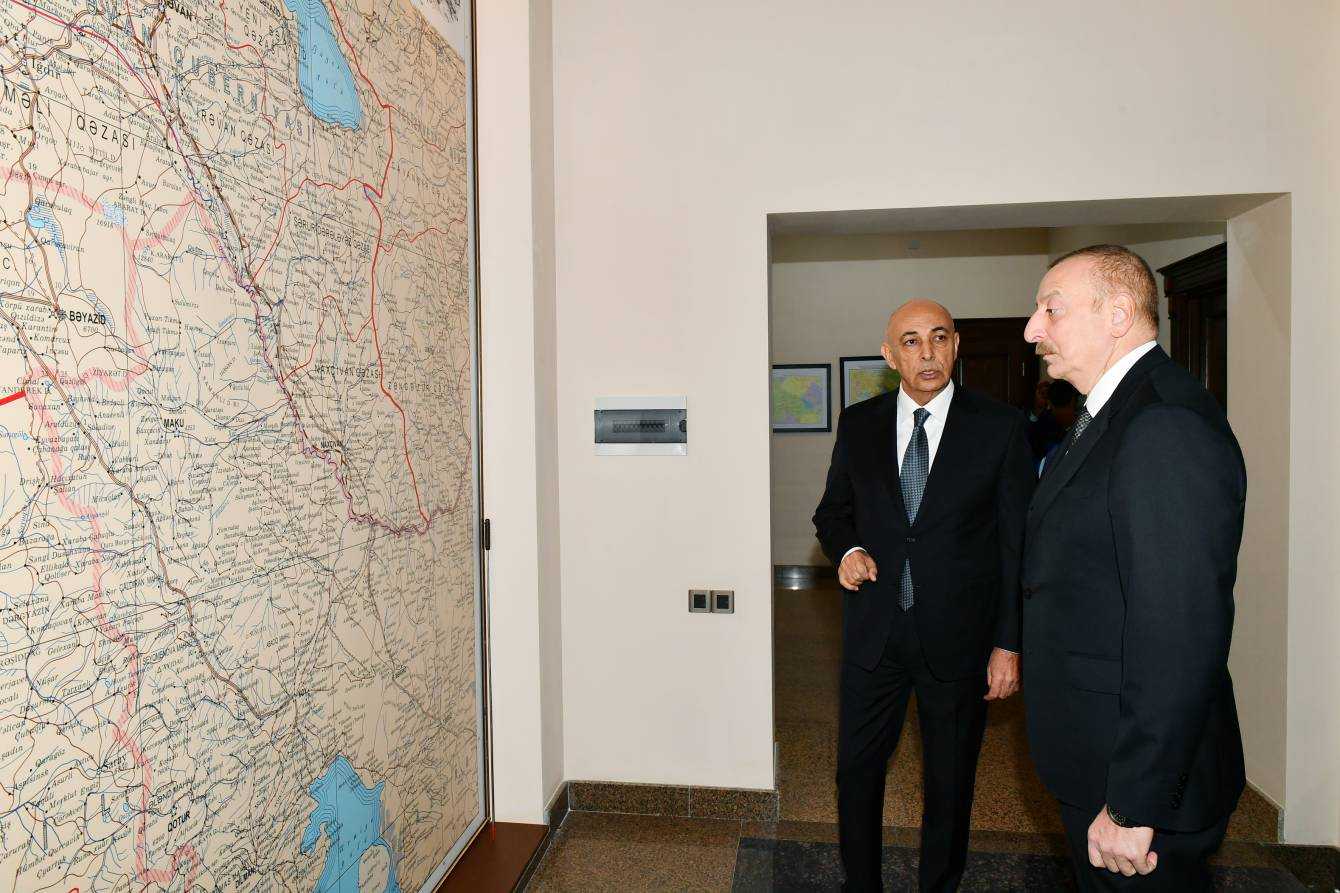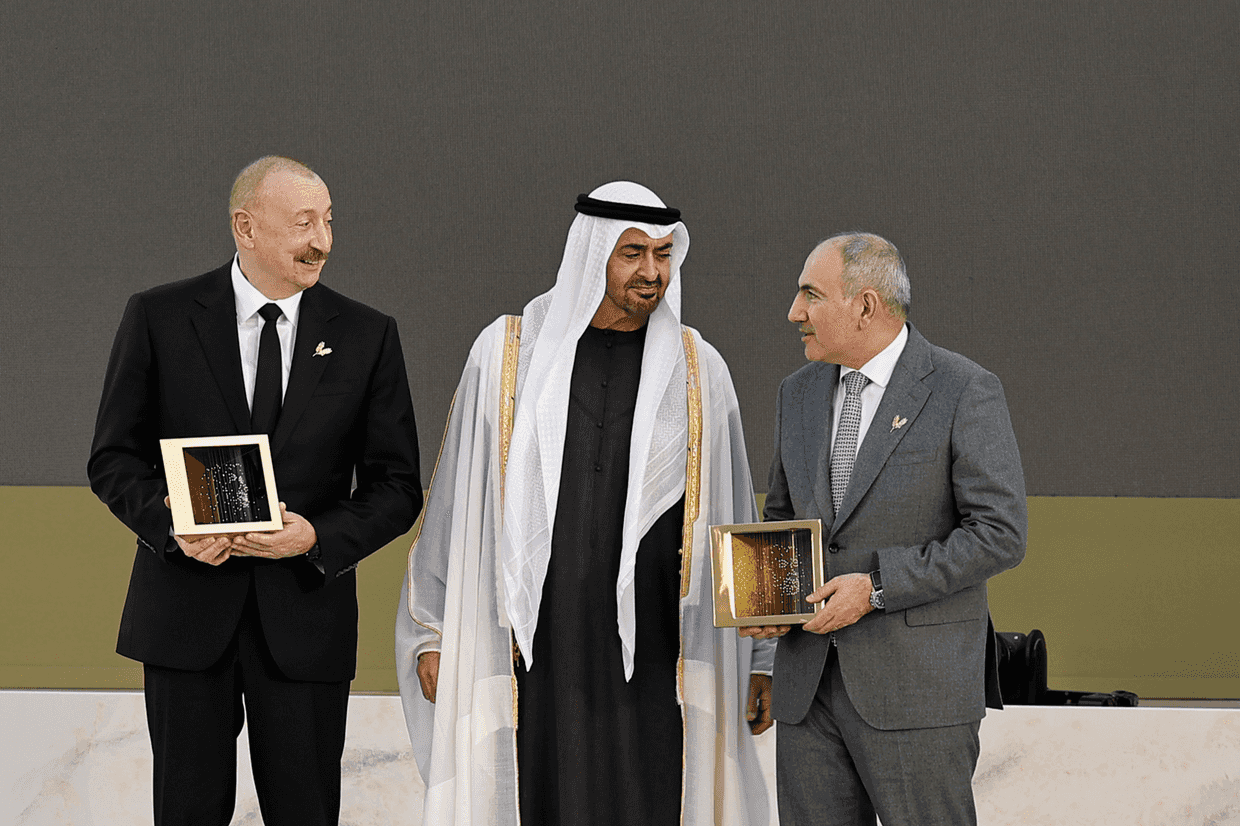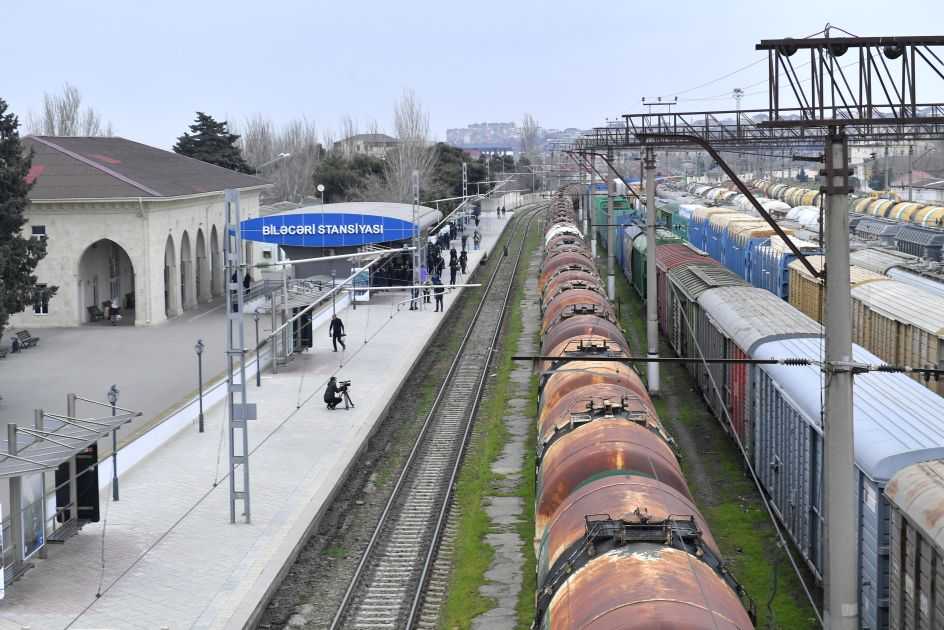Armenia’s Foreign Minister says that peace deal with Azerbaijan ‘may take a long time’

Armenian Foreign Minister Ararat Mirzoyan has stated that it ‘may still take a long time’ to finalise the peace deal with Azerbaijan, while also suggesting that the peace process ‘has no alternative’.
Mirzoyan’s statement came on Thursday, during a panel discussion Together for Peace and Democracy in Yerevan, held within the framework of the visit of the Speakers and Deputy Speakers of the Parliaments of Northern Europe and the Baltic States.
During the discussion, Mirzoyan talked about Armenia’s efforts to normalise relations with Turkey and Azerbaijan. Currently, Armenia’s international borders with both countries remain closed.
He elaborated that despite having a ‘lively, intensive, results-oriented dialogue’ with Turkey, there were ‘not yet very strong and tangible results on the ground’.
As for the ongoing negotiations with Azerbaijan that have lasted for several years, Mirzoyan noted that as a result of ‘long and hard’ work, they agreed on 15 out of 17 articles of the peace treaty, but that an agreement on the remaining two articles ‘may still take a long time’.
‘There is one solution: there is a need for the display of political will from both countries. With the necessary political will, I can assure you that it will take us very little time to complete the text’, Mirzoyan said.
He asserted that unlike Armenia, which has the political will, ‘unfortunately, I cannot say that we see the same constructive approach and willingness from our neighbours’.
‘But again, this is a process that has no alternative’, Mirzoyan said.
In September 2024, Azerbaijan refused to sign an interim peace treaty with Armenia based on articles both parties had already agreed on, despite having proposed to do so earlier this year.
‘Concerning’ statements from Azerbaijan
During the same panel discussion on Thursday, Armenian Parliamentary Speaker Alen Simonyan underscored the European Union Monitoring Mission’s ‘positive impact on ensuring security [...] especially given the hostile rhetoric we are witnessing’.
In early January, Azerbaijani President Ilham Aliyev again threatened Armenia, calling it ‘a fascist state’.
‘Therefore, fascism must be destroyed. Either the Armenian leadership will destroy it or we will. We have no other choice’, Aliyev said.
Again on Thursday, apparently referring to Aliyev’s statement, the Secretary of Armenia’s Security Council, Armen Grigoryan, called the rhetoric ‘concerning’.
He added that in addition to such statements, they also observe ‘intensive military exercises conducted [in Azerbaijan], intensive flights from other countries that are most likely transporting military equipment to Baku’.
At the same time, Grigoryan said that Armenia had been working over ‘the past few years in various directions to create stability in the region as much as possible’.
Earlier on the same day, the Foreign Intelligence Service of Armenia, in its annual report on external security risks of Armenia, assessed the likelihood of a large-scale attack on Armenia in 2025 by Azerbaijani to be not ‘high’.
Meanwhile, they noted that in the absence of a peace agreement and interstate relations, ‘the risk of local tensions and escalation on the border will remain a part of Azerbaijan’s policy of the threat of use of force’.
During the panel discussion, Simonyan said that despite the security challenges, Armenia ‘seeks ways for normalising the relations with the neighbours’, adding that ‘the resolution of all humanitarian issues is of vital importance on the path to peace’. He added that the ‘urgent and safe return of Armenian prisoners’ was ‘paramount’.
Last Friday, Azerbaijan launched the trial of former Nagorno-Karabakh officials and other representatives detained in September 2023, accusing them of committing a total of 2,548 crimes, including genocide, financing of terrorism, and the creation of a criminal association.
On the same day, when asked by reporters to comment on the ongoing trial, Russian Foreign Ministry spokesperson Maria Zakharova noted that ‘as part of the trilateral process’, the leaders of Russia, Azerbaijan, and Armenia reached agreements, ‘including on the need to resolve humanitarian issues’.
She confirmed their commitment to those agreements and expressed readiness ‘to provide the necessary assistance’.











